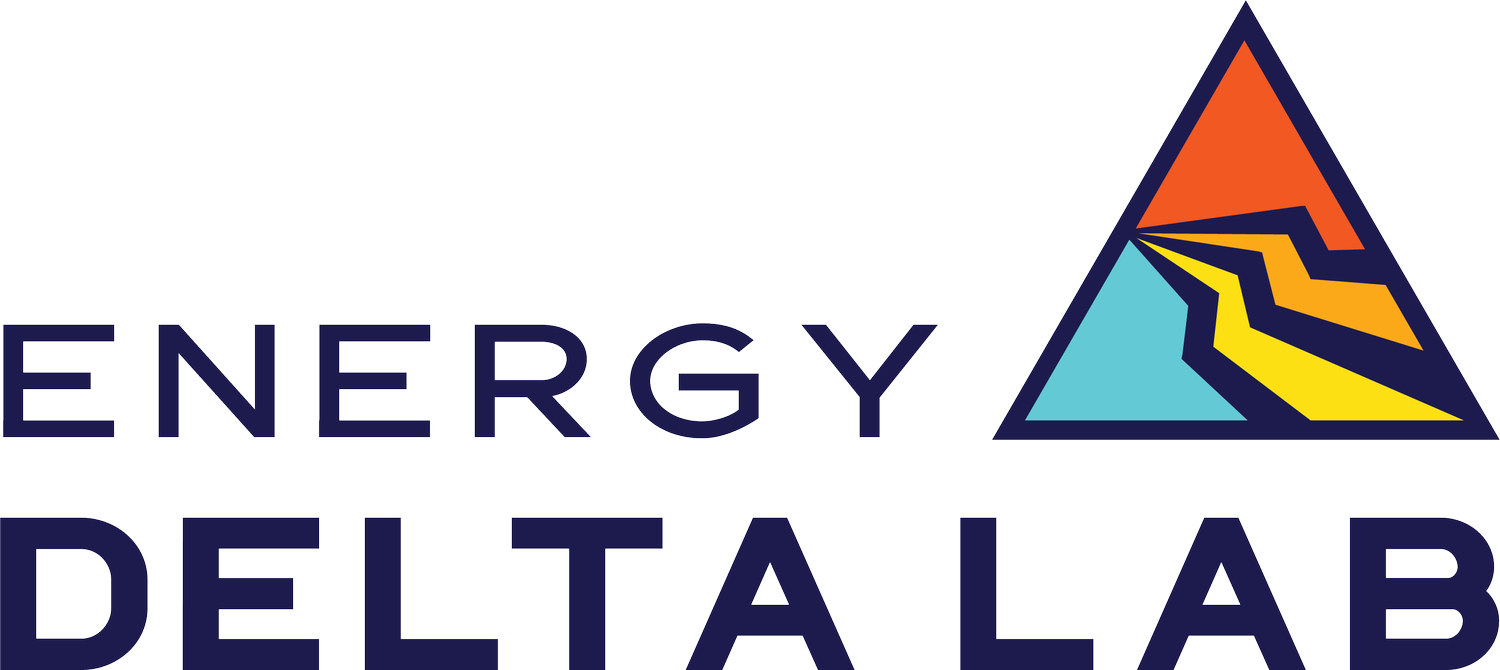The Energy DELTA Lab is a first-of-its-kind energy lab manages access to more than 65,000 acres of energy ready sites on previously mined properties throughout Virginia’s coalfield region. The DELTA Lab’s purpose is to deploy innovative and clean energy technologies with the ultimate goal of diversifying the region’s economy and providing energy companies speed to market related to testing and project development. Its project portfolio represents the spectrum of technologies and related industrial operations, including solar, wind, hydrogen, energy storage, pumped-storage hydro, energy efficient data centers and other emerging energy technologies.
As a country, the United States is undergoing a transformative period that is challenging how we create, transport, store and use energy. New energy technologies are emerging every day requiring vetting to ensure that they not only meet commercialization potential but also provide the low-cost, clean energy demanded by the marketplace. The Energy DELTA Lab, the subject of Project Innovation, is the culmination of four years of work to establish a vehicle in Southwest Virginia that can lead this research geared toward commercialization and deployment.
The initial deployment site in Wise County is located on property adjacent to land owned by the Cumberland Forest Limited Partnership and managed by The Nature Conservancy. Lead private industry partners include Appalachian Power and Dominion Energy.
The initiative builds upon Southwest Virginia’s unique legacy. With more than 100,000 acres of previously mined property, more than 9,000 gas wells, numerous mine cavities, and boundless water supplies, the region’s diverse terrain, mineral and underground resources provide the ideal setting for research and development of new, burgeoning energy technologies, including hydrogen, mine-based geothermal, small modular reactors, innovative solar generation and advanced energy storage, including pumped-storage hydro.
At its core, the Energy DELTA Lab is an economic development strategy to drive growth and diversify Southwest Virginia’s economy. The work that goes into these projects and the resulting energy assets will bring new opportunities to a region that has been significantly impacted by the downturn of fossil fuel production. This activity will ultimately create new career pathways for the region’s workforce.
For Project Innovation, we researched two broad areas, the first of which will be location vetting for park activities. There are over 100,000 acres of reclaimed surface mined properties in Southwest Virginia plus adjacent underground mines. We drew on years of area knowledge and will hire consultants to validate sites. This vetting process is unlike traditional site development work — it requires significant expertise in energy technologies and how we can leverage the region’s geography and topography.
Secondly, we researched and designed the managing entity’s governance while also developing a plan for start-up and long-term sustainability.
These two activities have set the stage for the region to move forward into the development and ultimately implementation of this lab that will provide assistance in commercialization to the private sector, a key value-add that will encourage investment in and attract new industries and jobs to Southwest Virginia.
The energy lab will focus on four key areas of research: Electricity Generation, Geoenergy, Going Digital and the Circular Economy:
Electricity Generation research will be focused on renewables, storage technology, carbon capture and high efficiency, low emission technology;
Geoenergy means any energy that would come from the earth, such as geothermal or eco-friendly coal or natural gas energy production;
Going Digital research will focus on strategies to make our energy delivery systems and facilities more efficient; and
Circular Economy research will evaluate options for end-of-life strategies for renewable generation components and the remains of the fossil fuel industry.
The lab will likely distinguish itself from the traditional university-based research model in four ways:
The lab will be a facility that highlights energy research and development while allowing middle and high school students in Southwest Virginia to be engaged in that work via STEM-related energy projects;
The lab will serve as a demonstration facility for large research projects, including offering private companies and researchers the opportunity to conduct field testing as opposed to just bench scale testing;
There will be an opportunity to demonstrate to the public how technologies work and what energy innovation research and development activities are underway; and
The lab will create a space for social engagement that is rooted in the region’s heritage as well as the cutting-edge technology being developed in Southwest Virginia.
The projects we are spearheading now are aimed at building credibility as will be competing nationwide for entrepreneurs as well as grant and foundation dollars:
Project Oasis seeks third-party validation for Southwest Virginia to become the location of choice in the Commonwealth for data centers based on power and broadband infrastructure as well as the use of innovative energy applications unique to our region. In this case, we are studying the use of 52-degree mine pool water for HVAC cooling as a significant cost and energy-saving tool.
Project Energizer lays the foundation for a base load, renewable energy solution for high-tech and industrial operations, especially when coupled with other renewable power sources like wind and solar. The technology involves pumped-storage hydro, the only available proven, long-term power storage technology that has the potential to deliver base load renewable power. This project employs the pumped-storage hydro technology on a small, affordable scale and provides an opportunity for Southwest Virginia to leverage its topography and be an innovator in renewable resources.
With each of these technologies, our team can help change the world, and we’ll do that with Southwest Virginia ingenuity.
In August 2020, Coalfield Strategies was awarded the contract to perform operations planning, while an additional team was selected to focus on location vetting for the primary and possible satellite locations, including HDR, Marshall Miller & Associates and Thompson & Litton. The teams kicked off their respective tasks in September 2020 and completed their work by October 2021.

